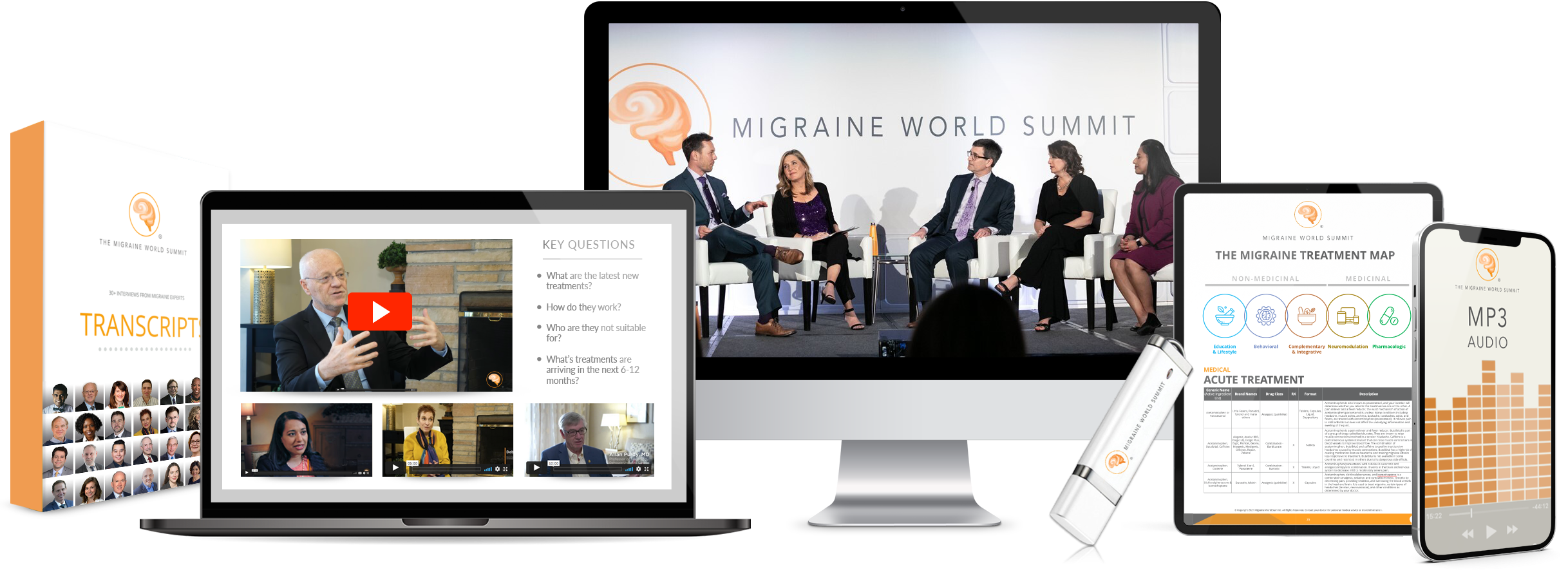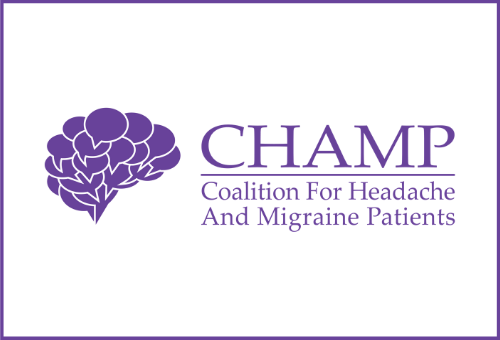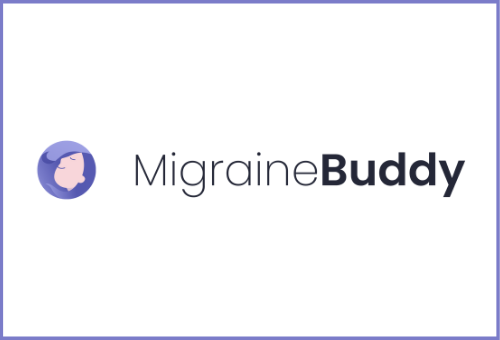Exploring Lidocaine, Ketamine & More for Refractory Migraine
You are currently watching a preview of this interview. Unlock the full version by upgrading to an Access Pass bundle! Get FREE access to 8 expert interviews from Day 1 and Day 2 when you register today!
Key Questions
- What are the options when rescue medications fail, and what are effective treatment combinations if a single medication is insufficient?
- How do inpatient and outpatient migraine treatments differ?
- How is mexiletine used in migraine treatment, and how does it work alongside lidocaine?
- What is the current understanding of ketamine as a treatment for refractory migraine, and what are the challenges in its research and accessibility?
- In what cases can acetazolamide be helpful for migraine treatment?
- How is DHE used in migraine treatment, and which administration route is most effective?
- At what point during a migraine attack is ketorolac considered a viable treatment?
- What does current research reveal about the efficacy of psilocybin in treating migraine and cluster headaches?
- How does memantine help when used alongside other medications for refractory migraine?
- How do anti-nausea medications function as acute migraine treatments?
- What are the different types of corticosteroids, and which is most effective for migraine treatment?
- How long should one trial nerve block treatments before determining their effectiveness?
- When should someone seek emergency room treatment for a migraine attack?
Interview Notes
- American Headache Society
- Association of Migraine Disorders
- Great Lakes Regional Headache Society
- Shades for Migraine
- LinkedIn: Shivang Joshi, MD, MPH, RPh
- Sermo
Treatments Mentioned
- Acetazolamide (Diamox)
- Antihistamines
- Anti-inflammatory medications
- Anti-nausea medications
- CGRP inhibitors
- CGRP small-molecule receptor antagonists (gepants)
- Corticosteroids
- Dexamethasone (Decadron)
- Dihydroergotamine (DHE)
- Electrolytes
- Ketamine
- Ketorolac (Toradol)
- Lidocaine
- Magnesium glycinate
- Magnesium oxide
- Magnesium sulfate
- Memantine (Namenda)
- Metformin (Glucophage)
- Methylergonovine (Methergine)
- Methylprednisolone (Medrol)
- Methysergide (Sansert)
- Metoclopramide (Reglan)
- Mexiletine (Mexitil)
- Nerve block
- Prednisone (Deltasone)
- Promethazine (Phenergan)
- Psilocybin
- Psychotropic medication
- Saline solution
- Topiramate (Topamax)
- Triptans
Please note: The Migraine World Summit’s aim is to bring you a variety of perspectives and expertise, independent of bias or judgment. Alternative theories presented in this video have not been medically reviewed. Views expressed in this interview do not necessarily represent the views of the Migraine World Summit. Please always consult your health care professional and do your own research before making changes to your treatment plan.

Shivang Joshi, MD, MPH, RPh
Director of Headache Medicine & Clinical Research; Assistant Professor of Neurology
Community Neuroscience Services; UMass School of Medicine
Dr. Shivang Joshi is a doctor, pharmacist, and migraine and pharmacology expert. He is board-certified in neurology and headache medicine. Dr. Joshi is the director of headache medicine and assistant professor of neurology at Community Neuroscience Services at UMass School of Medicine.
Dr. Joshi is an award-winning researcher and teacher. He is the recipient of the American Headache Society’s 2012 Frontiers in Headache Research Scholarship Award for Cluster Headache Research, and the Outstanding Teaching Award from the Albert Einstein College of Medicine.

Get all the 2025 interviews, videos, audio, transcripts, and more. Why upgrade?
- Can’t attend live? Watch anytime
- Prefer reading or listening? Get transcripts and audio
- Want to dive deeper? Explore the additional footage & resources
- Need ongoing support? Reference expert advice year-round
- Lifetime access to 2025, no annual fee
Related Talks for: Day 4 (2025)
Brain Fog: Understanding the Cognitive Impacts of Migraine
Elizabeth (Betsy) Seng, PhD
The Role of Cannabis in Migraine Treatment
Nathaniel M. Schuster, MD
Helping Loved Ones Understand Migraine: Your Discussion Guide
Hope O’Brien, MD, MBA, FAAN, FAHS
The Coalition For Headache And Migraine Patients (CHAMP) is an organization that provides support to people with headache, migraine and cluster diseases who are often stigmatized and under-served.
Migraine Buddy is the #1 headache and migraine tracking application. Recommended by the best neurologists in the world, we empower our users to learn and communicate about their condition. Our community of 2.8 million contribute to migraine awareness and research.

Enjoy a one-page summary of key insights from every interview—save time and quickly grasp the essentials. Get the full details in the complete interviews. Available with a VIP or Boxed Set Pass.







